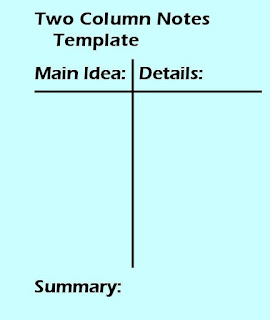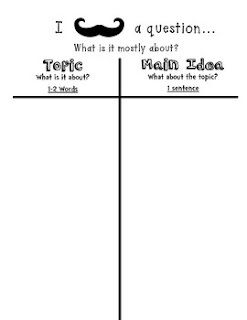Lecture : Dr. Shaari bin Daud
What is plagiarism?
Plagiarism
is basically copying someone else works without giving any credit to them. It
was unlegally and you can be fined by doing this. Passing off someone else
works by intentionally or unintentionally for your own benefit also was called
a plagiarism.
Avoid Plagiarism
How to
preventing plagiarism?
Step 1 :
✨ Consult your lecturer/tutor
✨ Plan your paper.
✨ Take effective notes.
Step 2 :
✨ Cite your sources
✨ Make it clear who own the sources
✨ Know how to pharaphrase
✨ Evaluate your sources
✨ Attach your references page
References using "APA" system
Citations and References:
References should be listed in alphabetical
order and appear at the end of the manuscript using APA Style. Citations in the text
should be denoted with the author's surname and the year of publication.
Example :
Srinivasan, 1996; Pravitra & Verma, 2009
Article in a Journal:
One author:
▪ Doughari, J. H. (2006). Antimicrobial activity
of Tamarindus indica Linn. Tropical Journal of Pharmaceutical Research, 5(2),
597-603.
Two authors (a journal article with do):
▪ Li, S., & Seale, C. (2007). Learning to do
qualitative data analysis: An observational study of doctoral work. Qualitative
Health Research, 17(10), 1442-1452.
https://doi.org/10.1177/1049732307306924
One
author (a book chapter
▪ Zarina Othman, (2009). “Human
Security Concepts, Debates and Approaches in Southeast Asia”. In G. Brauch,
U.O. Spring, J. Grin, C. Mesjaz, P.K. Mbote, N.C. Behera, B. Chourou and H. Krummenacher (eds.), Facing Global Environmental
Change: Environmental, Human, Energy, Food, Health and Water Security Concepts
(Vol. 4), Germany: AFES-Springer Press, pp.1037-1048.
































